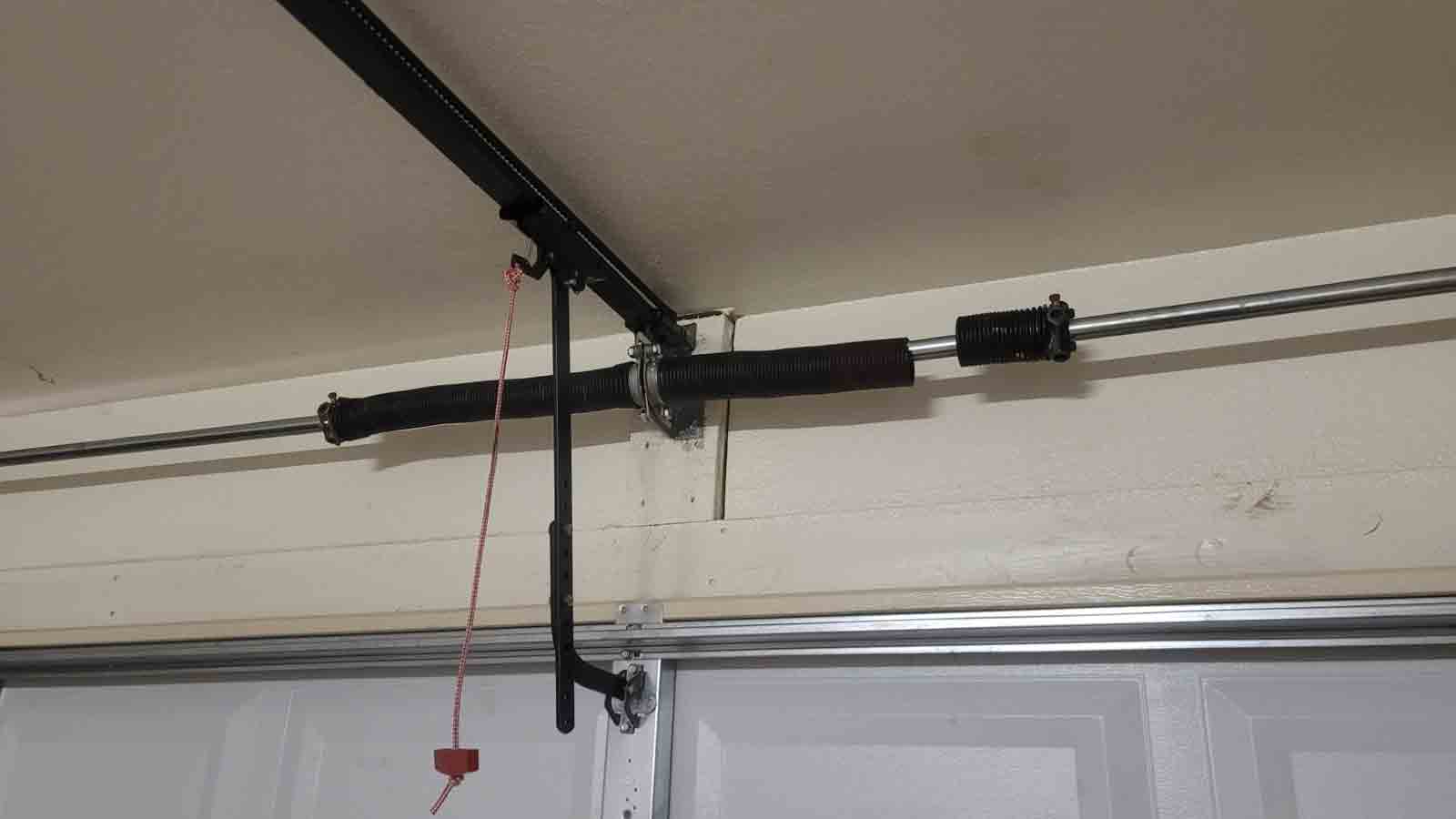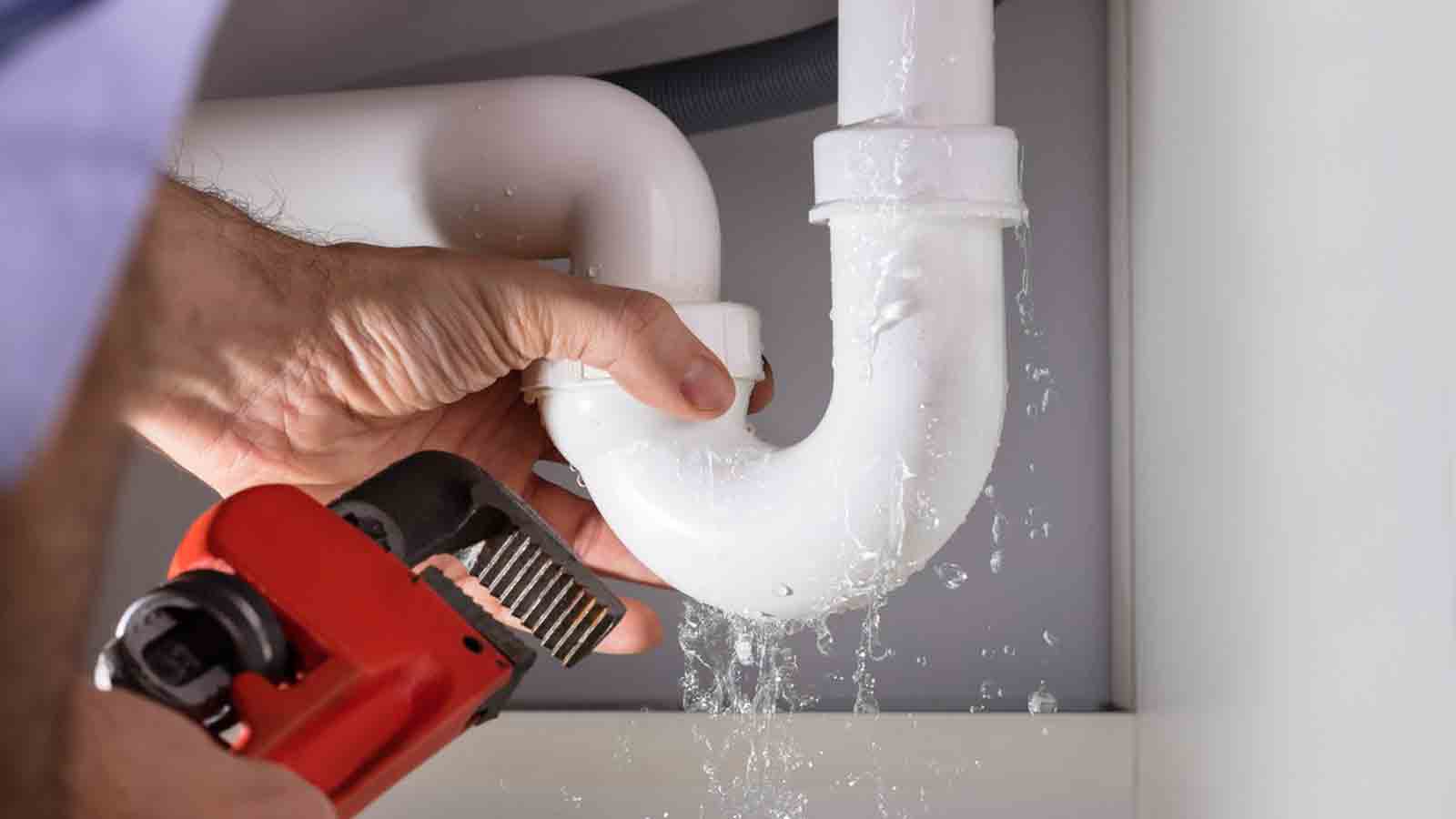How to choose the right backup generator for your home
Jul 7, 2022, 3:00 PM

(Shutterstock Image)
(Shutterstock Image)
If you live in an area prone to frequent weather-induced power outages, consider investing in a generator. A generator can help power your family through monsoon storms or any time the power goes out.
The U.S. Energy Information Administration reports that the typical American endures on average eight hours without power each year because of unplanned outages. That number has more than doubled since 2013. Some power outages, such as those caused by extreme weather, can last for days or weeks — i.e. Texas in 2021.
Before you buy, figure out which of your home’s appliances are the most important to keep running with a generator. You might want to keep the refrigerator up and running and can live without the dishwasher, washer, dryer, and oven until the lights come back on. If the power goes out during the Super Bowl, NCAA Tournament, or another big event, you may wish you had a generator.
While you could live without the refrigerator for a few hours, medical equipment such as oxygen tanks, C-PAP machines, and other devices need to kick on immediately.
To figure out the size generator that will best suit your needs, add the total wattage of your must-have appliances and medical devices and let that guide you as you decide how big a generator you should buy.
Typically, a 4,500- to 5,000-watt generator will suffice for household emergencies, though you may not be able to power all appliances at once. Some appliances such as air conditioners and refrigerators draw a lot more wattage the moment they cycle on. These surge watts can throw off your calculations if you don’t account for them.
Before turning the generator on, check that the electrical load will not exceed the manufacturer’s rating. Turn off large appliances you don’t need, such as clothes washers, dryers and dishwashers.
There are three home generator types to consider. Consumer Reports takes us through the pros and cons of each.
Home standby – up to 20,000 watts
Pros: It’s permanently installed (usually next to the house) and kicks on automatically during an outage to provide an uninterrupted current. It can power everything in a typical home simultaneously, up to its maximum output. It can be set up to run indefinitely on natural gas or can be fueled by propane. There’s no need to connect cables, flip a switch, or start the engine.
Cons: With few exceptions, convenience comes at a price. It’s more expensive than other types of generators. Installation costs can run into the thousands — and they’re not always included in the price listed.
Large inverter — up to 7,500 watts
Pros: It produces enough energy to run a refrigerator, lights, and other essentials, such as a furnace or small central air-conditioning unit. It can be connected to your breaker panel to run hardwired equipment, such as a well pump. It’s quiet and produces steady power, which is ideal for sensitive electronics, such as stereo equipment. It’s also fuel-efficient.
Cons: It’s expensive. Only the models costing $3,000 to $4,000 (as of July) perform well enough in their tests to warrant serious consideration. And, they can’t run on natural gas or propane, so you still need to keep stabilized gasoline on hand.
Portable — up to 7,500 watts
Pros: It’s the best value in terms of cost vs. capacity. Certain models produce enough energy to meet all the power demands in a home. It can be connected to a breaker panel with a transfer switch to run hardwired equipment, such as a well pump.
Cons: Making the connection to your home’s circuit breaker panel costs as much as the generator itself. It’s noisier than large inverter and home standby generators. It usually runs only on gasoline and uses a lot of it compared with inverters. And it’s bulky; most weigh close to 300 pounds. It shouldn’t be used in rain or snow without protection, such as an open-sided tent.
Important: Once you get the generator, hire an Arizona Registrar of Contractors licensed electrician to install a transfer switch in your electrical system. Plugging a generator into a regular household outlet could send a surge of electricity onto a downed power line. That surge can injure or even kill someone working to restore power to the line.
Notify your electric utility before you use your generator for the first time.
In addition to a generator, you may want to consider installing a surge protection system.
Each time an electrical surge enters the home, it affects all electronic equipment. Surges slowly deteriorate and shorten the life of the equipment. If your outlets are not up to par, or the equipment’s wires are frayed and sparks can fly.
Anything in your home that consumes electricity is at risk. The purpose of a surge protector is to protect your plugged-in electronics from a sudden surge of power. When appliances, computers and TVs are exposed to a power surge, and you don’t have surge protection, the sudden increase of power can damage or wear out what was plugged in.
Protect your home, electronics and keep the power flowing.
Join Rosie on the House every Saturday morning from 8 a.m. to 11 a.m. on KTAR News 92.3 FM. If you’d like to send us questions or comments, email mailto:info@rosieonthehouse.com. Follow us on Twitter and “Like” us on Facebook. For more do-it-yourself tips, go to rosieonthehouse.com. An Arizona home building and remodeling industry expert since 1988, Rosie Romero is the host of the syndicated Saturday morning Rosie on the House radio program. Call 888-767-4348 with questions and comments.









